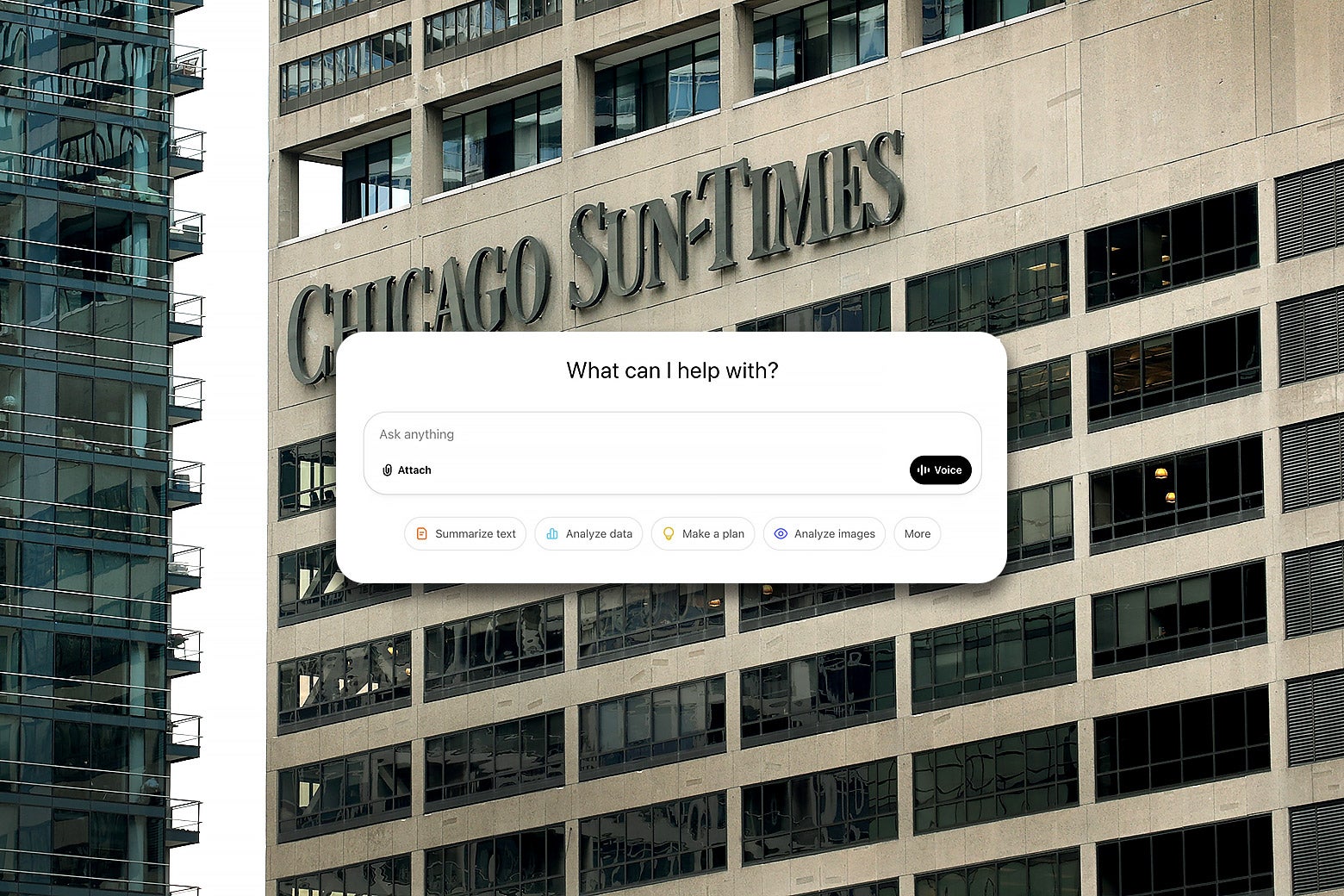
"The A.I.-produced summer reading list included 15 books, five real and ten fictional, raising concerns about the credibility of newspaper content."
"Several so-called experts quoted in the newspapers were found to be non-existent, showcasing a troubling trend of unverified A.I. content in journalism."
Recent publications by major newspapers like the Chicago Sun-Times and the Philadelphia Inquirer included an A.I.-generated 56-page summer insert that bizarrely featured a mix of real and imaginary book recommendations. The insert sparked controversy not only for its fictional book titles but also for citing non-existent experts on leisure and summer activities. This incident illustrates a significant challenge in journalism, where reliance on A.I. can lead to misinformation and degradation of trust, following a troubling trend seen in legacy media outlets.
Read at Slate Magazine
Unable to calculate read time
Collection
[
|
...
]